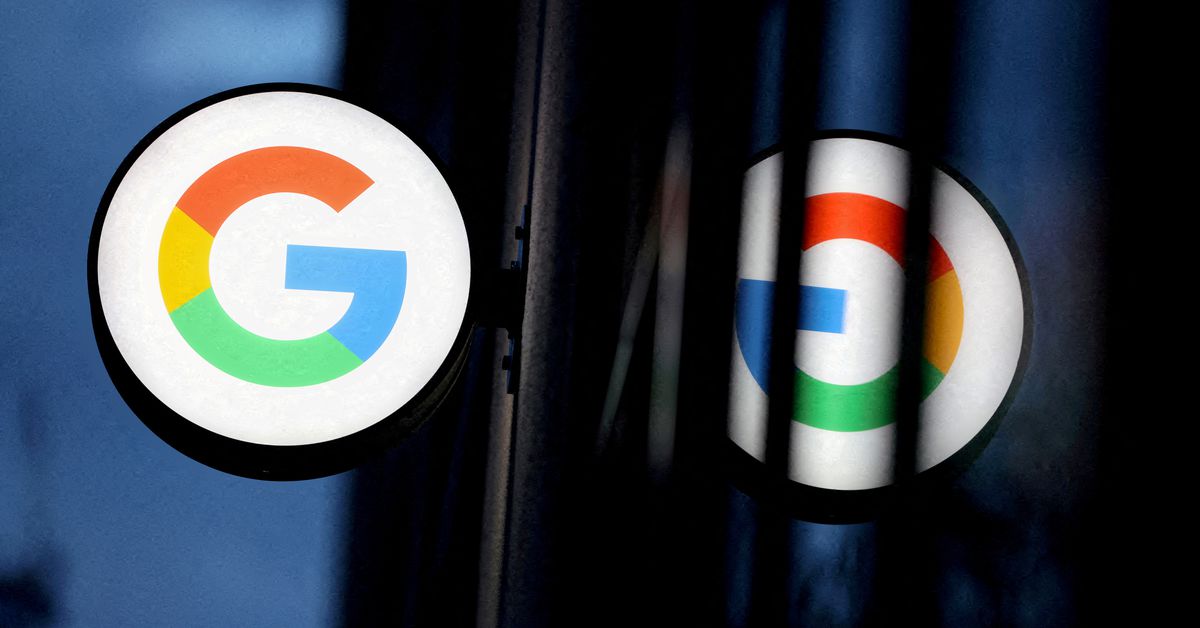- cross-posted to:
- technology@beehaw.org
- cross-posted to:
- technology@beehaw.org
Google owes $338.7 mln in Chromecast patent case, US jury says::Alphabet’s Google violated a software developer’s patent rights with its remote-streaming technology and must pay $338.7 million in damages, a federal jury in Waco, Texas decided on Friday.



It makes a bit of sense for physical inventions where the process is the most important part. Whereas for software the actual code is really that process (and covered by copyright), rather than just the idea.
But it’s trivial to write a slightly different implementation of something.
I think one really has to consider what the effect on innovation will be - you don’t want too many protections as that will stifle innovation as it prevents people from building upon the prior ideas, but equally you don’t want no protection at all as that will discourage innovation as R&D takes money, so if you can’t recoup the investment the money simply won’t get invested into R&D and the innovation won’t happen.
I think patents make some sense for software, if you patent a particular algorithm you developed for doing something useful. An example I always use for a good software patent is Google’s original PageRank algorithm - it was a specific algorithm that provided significantly better search results than existing search algorithms. But that patent just covered one specific algorithm for ranking search results, not the idea of searching the web (which was around before Google). Patents that are given for an idea, not an implementation, are bad.
This article is unclear, but it sure makes it seem like this patent was given for the idea of sending video from one device to another, not a specific algorithm for doing so. So that would be a bad patent. But I don’t think it means we should get rid of software patents altogether.
But we don’t let people patent just mathematics.
So it’s this weird thing where you can patent it as long as you make it an algorithm somewhere.
From a certain point of view, everything is mathematics. It still takes time and effort to figure out the mathematics to make new things work. Patents guarantee that the people who figure out the math will be able to profit off of it before a whole bunch of copycats steal the work. That should apply to software too - assuming that people actually figured out the math and didn’t just patent some idea without an implementation.
Yeah, I think the hardest part is that distinction though.
Like in software you have patents for one-click shopping, minigames in video game loading screens, etc. - those aren’t hard-researched algorithms, they’re ideas.
I agree that those shouldn’t be patented - they’re ideas, not implementations. If you have a particular ingenious implementation for one-click shopping, go ahead and patent it. But don’t sue people if they come up with a different way to do the same thing - that just means your implementation wasn’t particularly novel.
So yes, there have been some bad software patents given out. That just means that the process for giving software patents needs to be reformed, not that we need to get rid of software patents.
Yeah, I agree on those examples. They should be able to patent their particular implementation - like maybe it took a lot of R&D to work out how to get server response times fast enough for one-click to work, or to get loading times fast enough to have a mini-game in the loading screen etc.
But they shouldn’t be able to patent the entire concept. That’s ridiculous.
You copyright implementations though, not patent them - that is what software copyright is.
Yeah, I guess it depends if the copyright is broad enough to offer protection while not becoming too broad and stopping innovation.